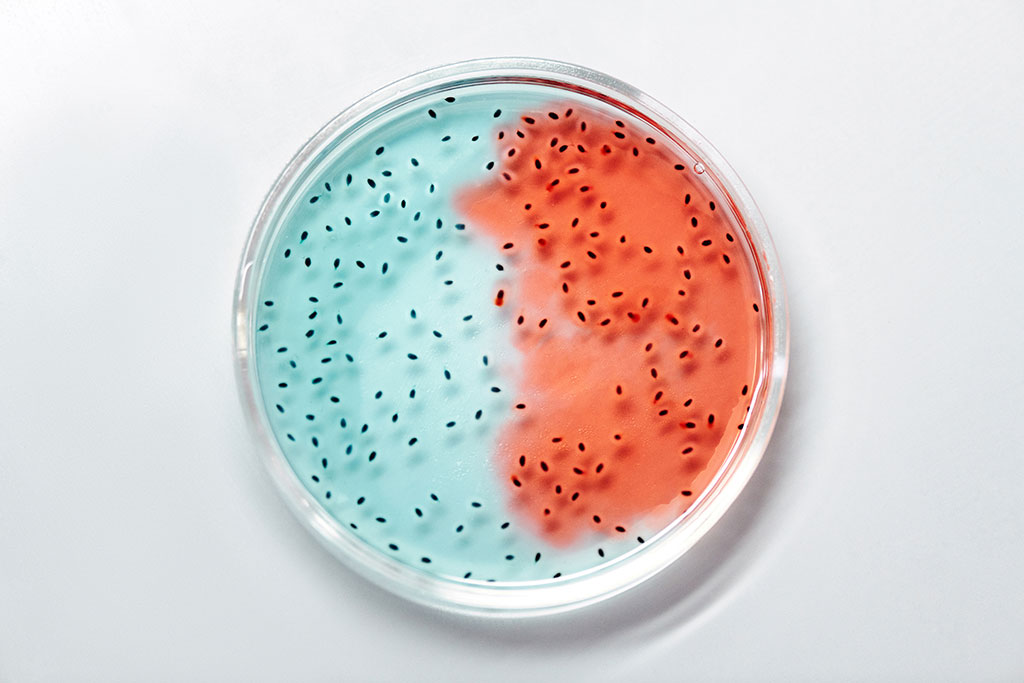New Technique Designs Nucleic Acid Probes to Detect Rapidly Mutating Bacteria and Viruses
Posted on 16 Feb 2023
The COVID-19 pandemic has shown that the microbes responsible for some infections can rapidly mutate into variants which evade detection and treatment. Now, researchers have developed a technique called AutoPLP that designs nucleic acid probes to help quickly, accurately and easily detect new variants of pathogens which can be hard to trace. This could help prevent infections that have the potential to spread quickly due to these dangerous variants.
Several diagnostics like the ones based on the polymerase chain reaction (PCR) detect pathogens by analyzing genetic material. Rolling circle amplification (RCA) works similarly but eliminates the need for complex temperature cycling unlike PCR. Both the approaches need nucleic acid probes with sequences that match those of the target pathogen in specific locations, although RCA utilizes highly specific “padlock probes” (PLPs). When a pathogen mutates, there is also a change in its genetic sequence, forcing researchers to keep redesigning their probes. So, researchers from the Indian Institute of Technology (IIT) Madras (Chennai, India) set out to create a tool that could automatically design these PLPs, as well as systematically take into account all the required technical parameters simultaneously to make the overall process easier and more robust.

The new tool, a computer program termed AutoPLP has been named after the PLPs it designs. The program takes the genome sequences of similar pathogens as input and runs a series of analyses and database searches, outputting a set of customized PLP sequences. Using the program, the researchers designed probes against the rabies virus and Mycobacterium tuberculosis. In the case of the rabies virus, AutoPLP targeted three genes, yielding probes with a higher and narrower range of melting temperatures as compared to those in the literature. In the case of M. tuberculosis, the team designed 13 probes that specifically targeted the two genes responsible for drug-resistant strains with the program. According to the researchers, the new tool could speed up the discovery of new pathogen variants, thus helping fight them rapidly and effectively through the use of precise molecular diagnostics.
Related Links:
IIT Madras













